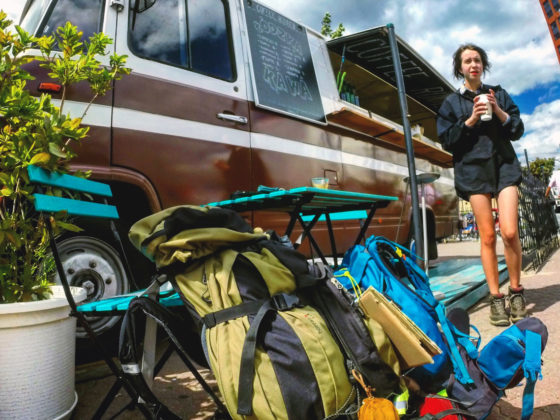1. It’s expensive.
Full time traveling is much cheaper than my old life when I had a mortgage to pay plus utility bills, property taxes etc. The main trick to making it affordable is to carry minimal financial obligations. I do not have a permanent home or any debt, so I have very few recurring expenses. When I pay for accommodation, such as AirBnB, monthly rents in various parts of the world or camping, it is not incremental to my living expenses, it IS my living expense. Paying $900 for an AirBnB for a month in Thailand replaces what I would have paid in the past for a mortgage, property tax, condo fees etc. This is my life not an extended vacation and I don’t spend money like I am on vacation. See misunderstanding number 2.
